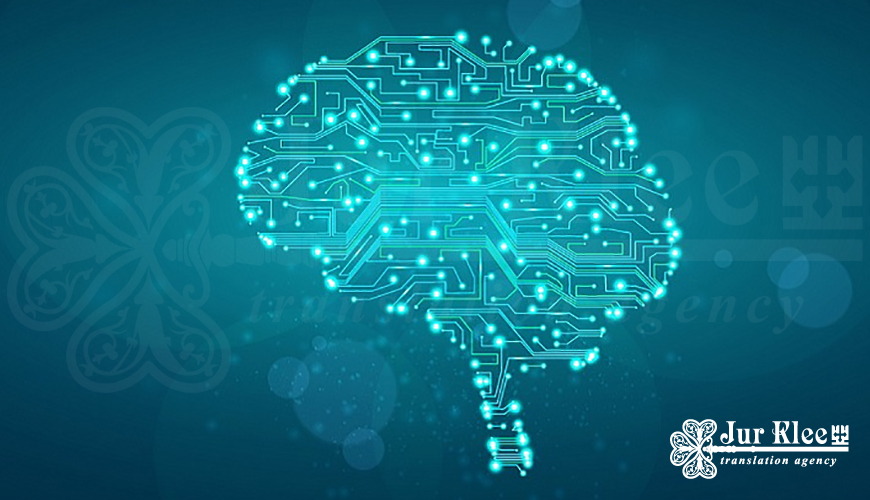
The future of machine translation and the profession of a translator
Does the fact that machine translation is rooted in many spheres of life mean that soon it will be possible to completely abandon to learn foreign languages at schools? Jur Klee tried to figure out when foreign language teachers would remain unclaimed.
In 2019, the entire volume of the linguistic market will be 53.5 billion dollars. Global Market Insights, Inc estimates the growth of the machine translation market for the year at 14.6%. If earlier the representatives of corporations used the services of machine translation more often, now this service is frequently used by ordinary people.
There is a growing demand for machine translation because the world is constantly globalizing. This is accompanied by the incessant exchange of enormous aggregations of data. Even if a person is fluent in foreign languages, it is more convenient to use machine translation to work with large volumes of documentary information. The representatives of large transnational business have discovered the wide possibilities of this service long ago.
Firstly, this trend is due to the fact that the native language is much more convenient to work with a large amount of text information. Secondly, having an interlinear machine translation, you can prepare a presentation or a report faster. Thirdly, machine translation greatly simplifies the correspondence with foreign partners. Also matters such a critical moment as data confidentiality preservation when translating.
Today, there are neural, statistical, hybrid and other types of machine translation, which are based on different principles. There are many programs for translation of texts on mobile and stationary devices. Google Translate is the most popular of them.
The use of "smart headset" technology is gaining popularity. These are ordinary wireless headphones with connection to the phone. The service Time kettle is more known than other ones.
Why do we need machine translation? This technology greatly facilitates interaction in the following areas
- It facilitates translation of software, social networks, websites, films, serials, games and other content
- Machine translation is a convenient administration tool. An interesting fact is that the European Commission has spent 2.4 million euros for development of this tool. This administrative body needed qualitative machine translation for better interaction of numerous participants of the association, who speak different languages.
- Military intelligence needs such a tool to obtain timely data on the plans of the potential enemies. For example, after the terrorist attacks of 2001, the U.S. government constantly invests in programs for the translation of Oriental languages. This helps the special services effectively conduct electronic intelligence. In particular, the agency DARPA is engaged in such developments.
- The use of machine translation in medicine is a major asset. Large medical institutions rarely have their own translators, and people, who speak different languages, have to be cured there.
- It turned out that machine translation can be of great help when learning foreign language. This was shown by the experiment conducted at the University of Manchester. Students studied such translations, identified inconsistencies and learned language faster.
It is believed that qualitative machine translation will not appear soon. There are many articles on this topic on the Internet. It offers to learn foreign languages on your own or use the services of the translator. But the progress in development of machine translation technologies is also clearly visible.
Foreign languages should be studied at least for their own development. And no gadget can replace direct communication with a native speaker. In addition, machine translation is not always correct, and knowledge of the language will help to avoid misunderstandings.
But the improvement of machine translation technologies will continue, and now you cannot do without it.
